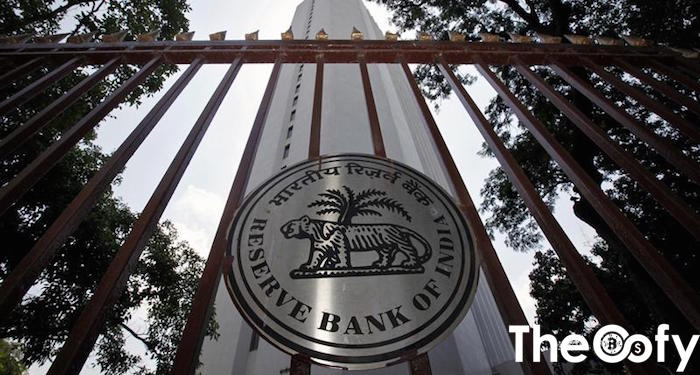On April 5, Bank of India ( RBI ) issued a warning to all banking and financial institutions in the country to cut off their dealings with Cryptocurrency-related companies. In the face of this incident, the crypto market in India was dragged into a panic, causing the crypto investors in the country to enter an alternative search.
Some eye-catching traders continued to do their work in such a way that they turned to secret underground networks and peer-to-peer channels.
It is foreseen that this ban, which RBI has realized, will gradually increase illegal transactions through ” gray exchange ” in the future, ie channels that are not allowed by law and are not controlled. Blocking banks from trading with companies that have a relationship with cryptographic money has been a major constraint on legal stock exchanges such as Zebpay , Unocoin and Koinex .
The vast majority of these companies work with peer-to-peer networks, making it more difficult to track transactions.
According to Hindu Business , experts believe that the use of peer-to-peer networks is 10 times higher in trade. They do not move the money at all as they can carry out transactions directly with each other.
Another reason for the increase in transactions underground to happen underground is that the RBI is putting into practice the undercutting of agreements with cryptographic currencies that prevent banks from working with crypto money exchanges.
Koinex ‘s CEO told the Hindu news agency that illegal merchants who are desperate to use offline agreements more frequently to overcome this obstacle. It is almost impossible for the regulators to follow the transactions with these agreements.
For example, a crypto money investor named Mehul Pratap stated that this prohibition is inevitable, and that malicious people in the crypto market always find a way to overcome the prohibition and that this initiative of RBI makes it difficult to follow illegal transactions.
Another user named Heinrick says that India has a great potential in crypto-currency trading, but it is disappointing that local banks are prohibited from using cryptographic currency transactions by using the advantage of regulators. At the same time, he says he believes that he believes the country will go to the crypto economy before it’s too late.




